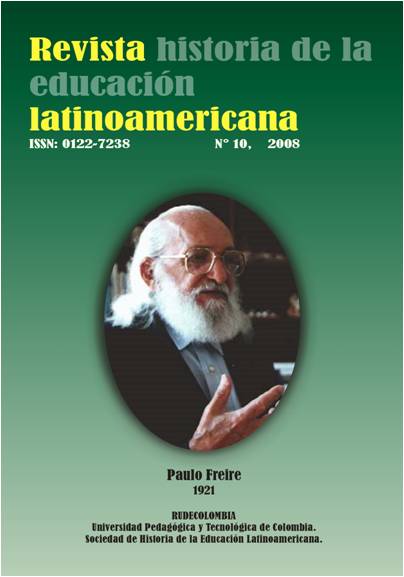AVATARES DEL CONSTRUCTIVISMO: DE KANT A PIAGET

Resumen
La filosofía de Kant propuso una síntesis entre racionalismo y empirismo, se planteó como filosofía crítica que examina el alcance que tiene el conocimiento, sustentado en las facultades de: la intuición sensible, el entendimiento y la razón. Para Kant, la sensibilidad por sí misma no brinda sino asociaciones, el entendimiento, por el contrario, postula principios explicativos con carácter universal y necesario, que organizan la experiencia.Continuando y corrigiendo la tesis kantiana, el constructivismo de Piaget, por vía sicogenética (en el desarrollo del niño) y filogenética (epistemológica), plantea que nuestro conocimiento organiza la experiencia por medio de esquemas estructurales de la inteligencia, sin embargo, éstos no están pre-formados, no
son estáticos o fijos, como en la filosofía kantiana, sino que se desarrollan por períodos, pues tienen una base genética, a partir de tres formas de la coordinación de las acciones: en la actividad con los objetos físicos, en la relación social con los otros, y en la conciencia de las operaciones. La necesidad de la acción sobre los objetos para la comprensión ya había sido observada en la Pedagogía de Kant, pero no en su filosofía del conocimiento. El constructivismo, con base en la investigación teórico-empírica, imprime una dinámica al entendimiento a través de la acción, en consecuencia, pone la filosofía kantiana en devenir
Palabras clave
constructivism, criticism, active pedagogy
Descargas
Los datos de descargas todavía no están disponibles.